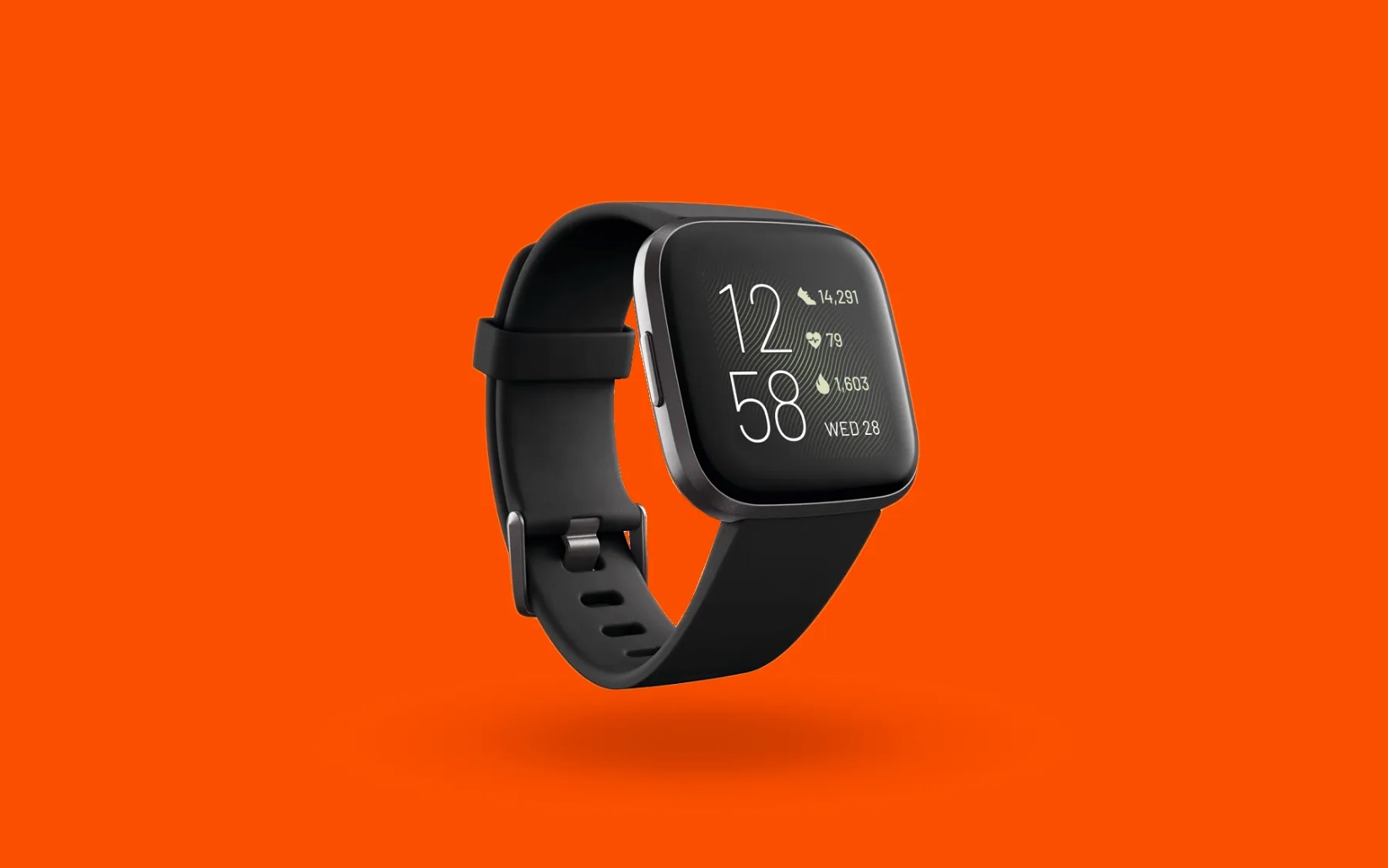
Today’s fitness trackers are packed with sensors that can measure your sleep, record your steps and your workouts, take a heart-rate reading and keep tabs on how many calories you burn throughout the day. With the push of a button we have access to data that might lead to a not-so-healthy preoccupation with numbers, stats and optimisation.
Research from Loughborough University and Warwick University explained this might be because many of the behaviours that categorise eating disorders, like obsessive behaviours towards food (i.e. calorie counting), perfectionistic tendencies and rigid attitudes to exercise, could all be heightened by fitness trackers.
Health and fitness monitoring tools might not be the cause of these problems, the teams behind them could still do more to provide screening tools or guidance for those who might be using them in less than healthy ways.
It’s important to remember that for every person who finds health-focused tech can exacerbate disordered eating behaviours or lead to a preoccupation with sleep scores and step goals, another might find the same app or device to be a powerful accountability tool.
If you are reliant on a fitness tracker, I highly suggest giving this article some time.
Is your fitness tracker helping you in the right way?
https://www.wired.co.uk/article/fitness-trackers-goals